In a world where our dietary
choices play a significant role in our overall health and well-being,
understanding what nutrient-dense foods are and incorporating them into our
diet is crucial. Nutrient-dense foods are packed with essential vitamins,
minerals, and other beneficial compounds while being relatively low in
calories. This article will provide a detailed, informative guide to some
nutrient-dense foods that can enhance your health and vitality.
What Are Some Nutrient-Dense Foods?
Leafy Greens: Nature's Nutrient Powerhouses
When we talk about nutrient-dense foods, leafy greens take center stage. Spinach, kale, collard greens, and Swiss chard are excellent examples. These leafy greens are rich in vitamins A, C, and K, as well as essential minerals like iron, calcium, and potassium. They're also loaded with antioxidants and fiber, making them a must-have for any health-conscious individual.
Fatty Fish: Omega-3 Rich Superstars
Fatty fish such as salmon,
mackerel, and sardines are renowned for their high omega-3 fatty acid content.
Omega-3s play a vital role in heart health, brain function, and reducing
inflammation. Additionally, these fish are excellent sources of high-quality protein,
making them a double-win for those seeking nutrient-dense options.
Nuts and Seeds: Compact Nutrient Bombs
Nuts and seeds, including
almonds, walnuts, chia seeds, and flaxseeds, are nutrient-dense powerhouses.
They're packed with healthy fats, fiber, and a variety of vitamins and
minerals. A handful of these make for a satisfying and nutritious snack,
promoting heart health and providing sustained energy.
Berries: Nature's Sweet Antioxidants
Berries like blueberries,
strawberries, and raspberries are not only delicious but also exceptionally
nutrient-dense. They're loaded with antioxidants, vitamins, and fiber. These
tiny, colorful fruits are known for their ability to boost cognitive function
and support a healthy immune system.
Whole Grains: Complex Carbohydrate Champions
Whole grains, such as quinoa,
brown rice, and oats, are nutrient-dense sources of complex carbohydrates. They
provide sustained energy and are rich in fiber, vitamins, and minerals.
Incorporating whole grains into your diet can help stabilize blood sugar levels
and support digestive health.
Beans and Legumes: Plant-Based Protein Powerhouses
Beans and legumes like lentils,
black beans, and chickpeas are excellent sources of plant-based protein.
They're also brimming with fiber, vitamins, and minerals. Including these in
your meals can help reduce the risk of chronic diseases and maintain a healthy
weight.
Colorful Vegetables: A Rainbow of Nutrients
A variety of colorful vegetables
like carrots, bell peppers, and sweet potatoes are rich in essential nutrients.
Each vibrant hue represents different health benefits. For example, orange
vegetables are high in beta-carotene, which supports vision and immune
function.
Greek Yogurt: Probiotic-Rich Dairy Delight
Greek yogurt is not only a tasty
snack but also a nutrient-dense one. It's packed with protein, probiotics, and
essential vitamins and minerals. Probiotics promote gut health and can enhance
your overall well-being.
Lean Meats and Poultry: High-Quality Proteins
Lean meats and poultry, such as
chicken, turkey, and lean cuts of beef, provide high-quality protein while
being relatively low in fat. They're essential for muscle development, immune
function, and overall health.
Conclusion:
Incorporating nutrient-dense foods
into your diet is a wise choice for optimizing your health and vitality. Leafy
greens, fatty fish, nuts, seeds, berries, whole grains, beans, colorful
vegetables, Greek yogurt, and lean meats are just a few examples of the diverse
options available. By focusing on these nutrient-rich choices, you can embark
on a path towards a healthier and more energetic lifestyle. Remember that a
balanced diet, rich in nutrient-dense foods, is the key to long-term
well-being.

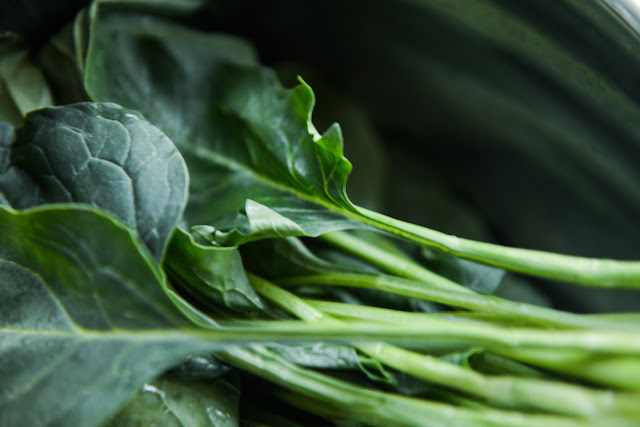
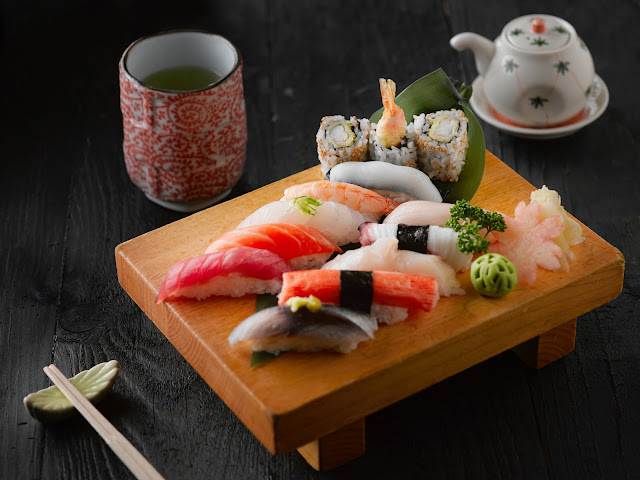


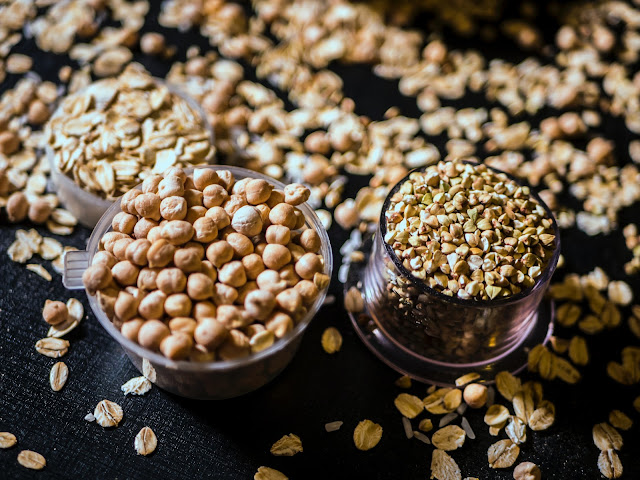
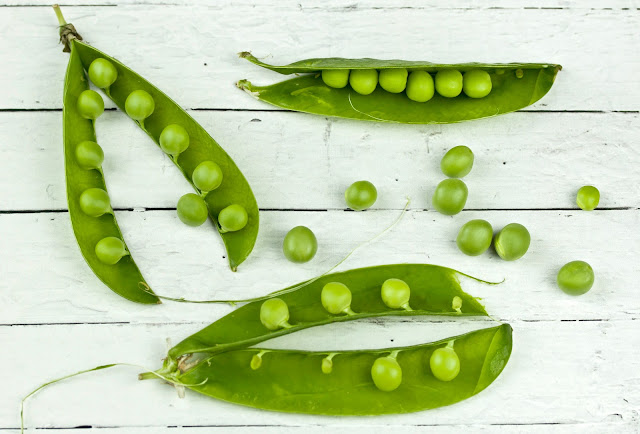

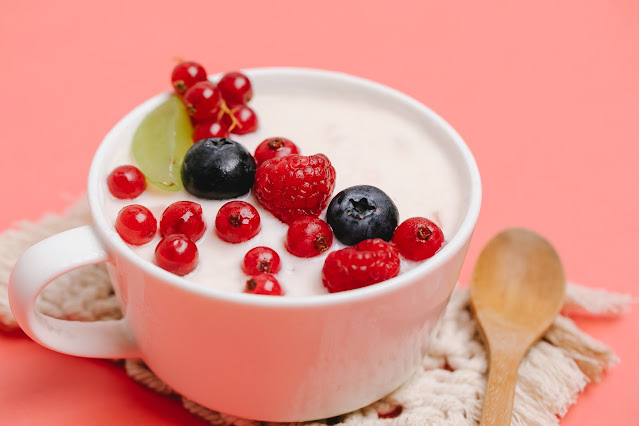

0 Comments